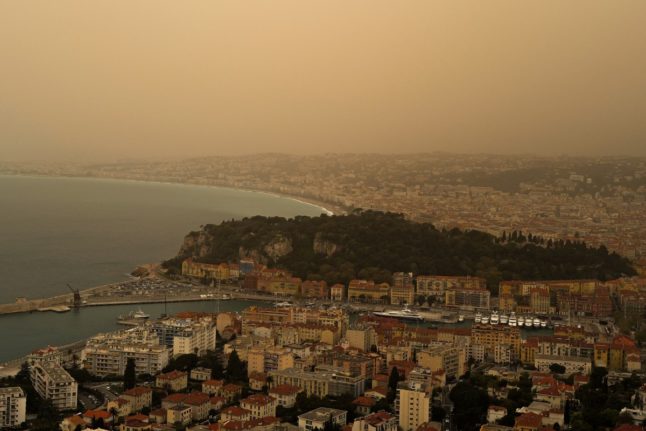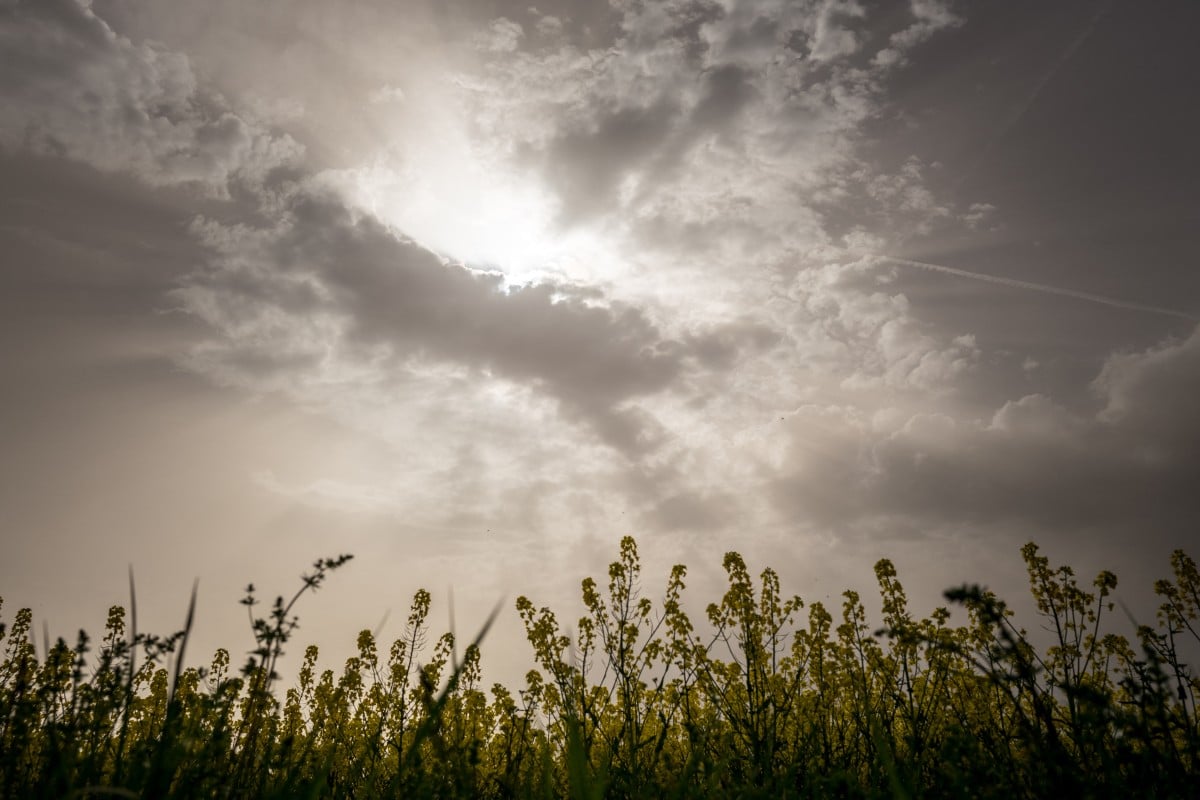The sun is set to shine all across Austria on Tuesday and Wednesday, with sunny weather predicted for each of the nine Austrian states.
The only inclement weather predicted in Austria are some potential evening storms in Styria and Lower Austria.
The mercury will continue to climb this week, reaching up to 32 degrees in some parts of the country on Thursday and Friday this week.
Despite the regular storms which have given the impression that summer hasn’t arrived, data shows that the summer has been 1.5 to 2 degrees above the average temperature from 1991 to 2020.
More hot days – I.e. days with a maximum of at least 30 degrees – have been reported in the Austrian cities of Graz, Klagenfurt and Bregenz than are usually seen.
The summer of 2021 has already produced extreme weather across much of the country.
In addition to the hot days, severe thunderstorms have caused flooding across much of the country.
In Vienna, the New Danube was opened in July to release pressure on the river and minimise the risk of flooding.
READ MORE: How the New Danube protects Vienna from catastrophic floods




 Please whitelist us to continue reading.
Please whitelist us to continue reading.
Member comments